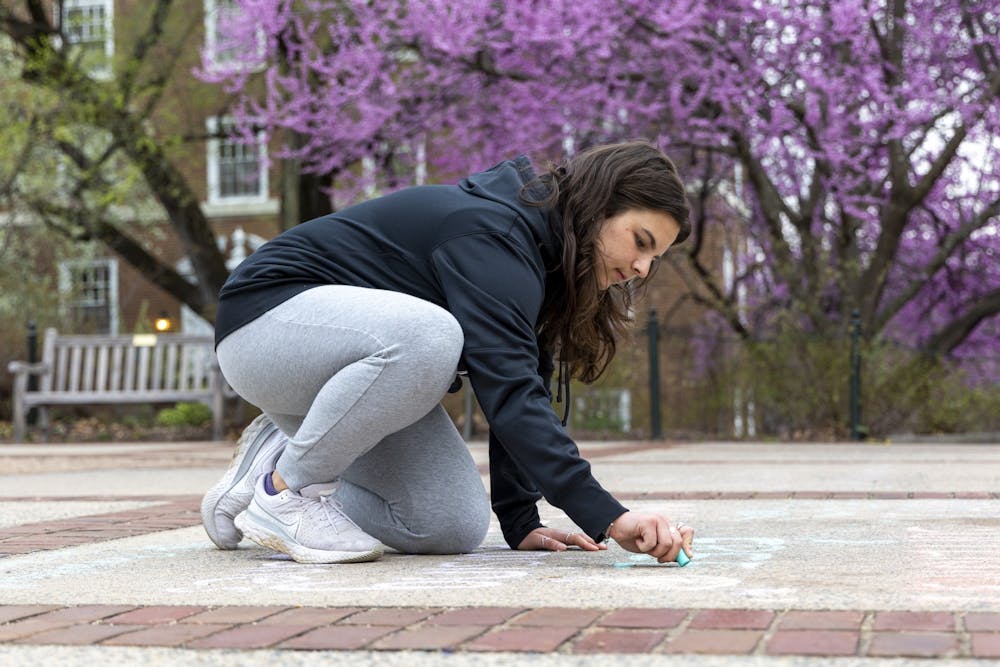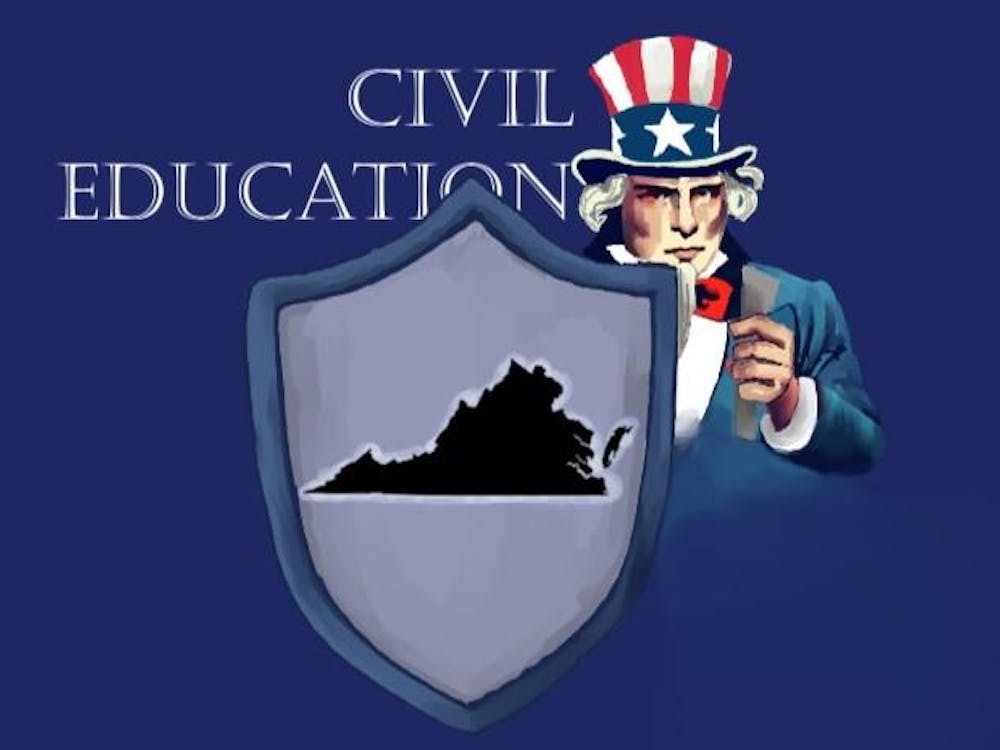This month marked election season for students on Grounds, with the future of the Honor Committee, the University Judiciary Committee and Student Council on the ballot. Such organizations underpin our culture of student self-governance — a unique tradition that allows students to play an active role in steering the direction of our University. Student self-governance is deeply embedded in the fabric of the University, but its importance feels lost on the student body. In order to safeguard the tradition of self-governance, it is critical that more students engage in this collective project of sculpting our student experience. Students, your ability to make change at the University is a privilege, not a right. It is time we showed up and acted like it.
Decreasing buy-in is clear in a number of ways, none more salient than student interest in filling elected offices. Only nine candidates ran this past election for a total of 12 seats representing the College of Arts and Sciences undergraduate student population. Empty seats in Student Council’s “representative body” hinders the group’s ability to effectively represent students. This is bleak, but student turnout in elections themselves is downright depressing — in four out of the five past student elections, voter turnout in the race for Student Council president stayed below 20 percent. In 2020, both the Honor Committee and the UJC had referenda on the ballot that were not ratified because not enough students showed up to vote. If we can not even encourage each other to click on a link sent once a year to our inboxes, how can we expect to get students to actually run for these positions?
These elections and student-run institutions — the Honor Committee, UJC and Student Council — are channels through which we can communicate our values to each other and University administrators. Student self-governance permeates every aspect of our culture at this University. Our collective failure to adequately engage in these channels only hurts the unique power we have as students to advocate for ourselves and hold those above us accountable. If we default on our responsibility to be careful stewards of the tradition of self-governance, we leave room for faculty and administrators to undercut the agency that students at the University have had for generations.
Indeed, as administrators turn over and new appointments fill powerful positions at the University, students must recognize that leadership may not be as clued in to the importance of student self-governance as they should be. Of course, administrators and the Board play a critical role in governance at the University — we are not naive to this. Nonetheless, students have a long history of leading change at the University that should be respected and protected. Beyond mere ignorance, some leaders might even be hostile to the idea of student self-governance, perhaps expressing their distaste for student leadership by calling us a bunch of “numnuts.” If we want to ensure the tradition of self-governance is not lost, the student body cannot continue to sit in complacency. If we don’t fight for our own agency, nobody will. We cannot let turnover in leadership — or overzealous members of the Board of Visitors — undermine the power of student self-governance.
The benefits derived from that power are far-reaching. To learn about the array of advantages associated with this unique tradition, all you have to do is click on the University’s “About Us” section of the website, and you will see an entire page dedicated to “student self-governance.” The University proudly touts that they are making “citizen leaders,” and the truth of this statement can be seen in the accomplishments of student-run organizations across Grounds. The UJC champions restoration and has been working diligently to reform Greek life by addressing systemic issues at the root of hazing. Just this spring, the Honor Committee put forth and ratified the first ever multi-sanction constitution. This constitution provides for the creation of an innovative student-run system that will safeguard the Community of Trust by prioritizing education and rehabilitation — of course, only 23.7 percent of eligible students voted in the election. Without the power to self-govern, these comprehensive efforts to address the needs of the student body simply would not be possible.
Though elections for this year have passed, that is no excuse to sit in apathy, removed from the problem of low engagement in student self-governance. If anything, we have more to do, to uphold the systems and culture that provide us with the privilege of self-determination. Of course, this means voting in elections whenever they come around, but it also means going to Student Council meetings and the Honor Committee's town halls to engage with student leaders, running for elected positions to shine light on the problems that are affecting our community — even reading The Cavalier Daily to stay informed on student issues. Perhaps the most effective way to ensure the longevity of our cherished tradition of student self-governance is for each of us to take to heart the message we all received on our acceptance letters — to leave our University a little better than we found it.







